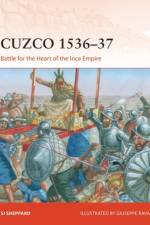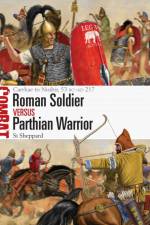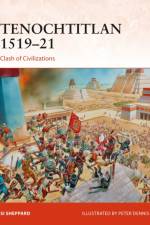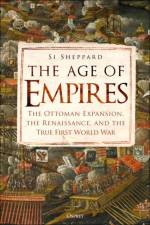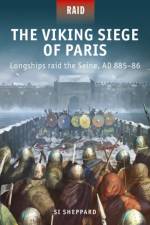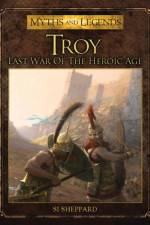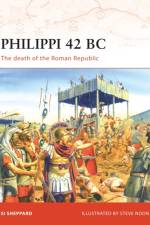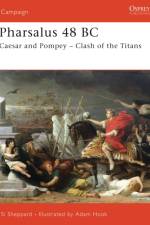- Battle for the Heart of the Inca Empire
av Si Sheppard
199,-
A highly illustrated and detailed study of one of the most important campaigns in the colonization of the Americas, the Spanish conquest of the vast Inca Empire.On November 16, 1532, the Inca emperor Atahualpa was the most powerful man in South America, having emerged victorious from a three-year civil war. Now his authority was absolute over millions of subjects living the length of an empire that stretched 2,500 miles from the towering mountains of the Andes, to the verdant rainforest of the Amazon, to the arid plains of the Pacific Coast. However, a group of strangers, comprising just 169 men and 69 horses led by the Spanish conquistador Francisco Pizarro, soon entered his empire from the north. Despite having 80,000 men at his disposal, Atahualpa was seized and imprisoned. Pizarro burned with the same ruthless ambition as his cousin, Hernán Cortés, who had taken Tenochtitlan, and understood that by seizing the autocrat at the top of the social structure, the state would be at his disposal. Pizarro then marched on Cuzco, the Inca capital, and installed a new puppet emperor, Manco. However, in 1536, Manco roused the people against the intruders, and the Spaniards, having held sway over the entire empire, now found themselves under siege in the capital, desperately striving to hold back the overwhelming numbers of the Inca warriors massing against them. This fascinating and colorfully illustrated book documents the long and bloody siege, and describes how at the end of ten bitter months, during which Pizarro was defeated at the battle of Ollantaytambo and lost his brother, Juan, while storming the great fortress of Sacsayhuamán, Pizarro emerged the victor. Using photos, documents, and historical sources to illustrate the story, this volume brings an ancient piece of history vividly to life.

